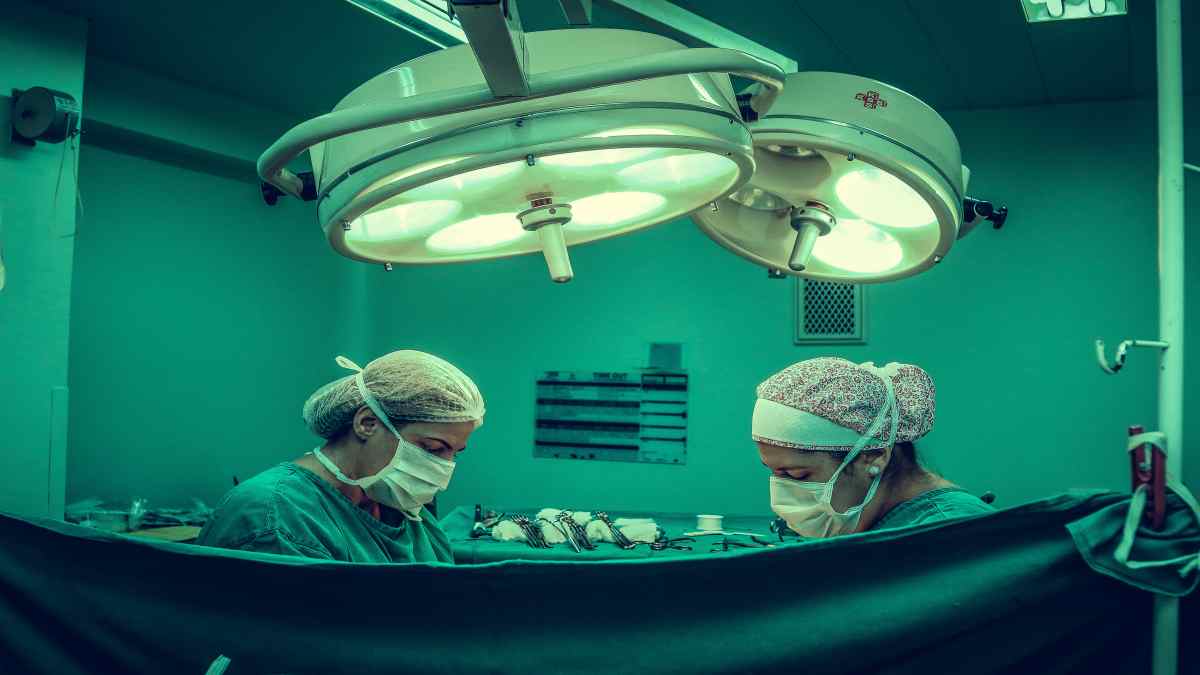The National Consumer Dispute Redressal Commission (NCDRC) has upheld a state commission’s order directing a city-based hospital and a doctor to pay more than Rs 12 lakh in compensation to the family of a senior citizen, 15 years after her death due to excessive use of anaesthetics during a surgery.
The NCDRC had on March 29 rejected the appeal filed by the doctor and the hospital, challenging the order passed by the Maharashtra State Consumer Disputes Redressal Commission in 2015 in favour of the victim’s family.
The NCDRC held that though negligence was attributable to the anaesthesiologist, the hospital shall not be absolved from the vicarious liability.

As per the complaint filed by the daughter of the deceased woman, Kusum (66) was operated on by Dr Ajay Rathore, an orthopaedician, at Parel-based hospital for a fracture on her forearm on June 21, 2008.
The anaesthesiologist was Dr Mulji Khemji Gada (who died during the proceedings before the state commission).
Though the operation was conducted in the morning, the patient did not regain consciousness due to excessive use of anaesthesia. Her condition worsened further, she was intubated and put on a ventilator, it stated.
The patient was hospitalised for a long period in an unconscious condition. The neurologist, after performing a CT scan and MRI, diagnosed her with ‘hypoxic encephalopathy’. Thereafter, the unconscious patient was shifted to another hospital, where she died on October 24, 2008.
Initially, a complaint was filed before the district forum, Central Mumbai, which rejected her plea.
Nikam then moved the state consumer commission in 2015. In 2018, it ruled in her favour and ordered the hospital and doctor to pay her a compensation of more than Rs 12 lakh.
In 2019, the doctor and the hospital filed appeals before the national consumer commission, denying any negligence.
The NCDRC held that it is evident that the anaesthesiologist had not performed the pre-anesthetic test properly.
“In my view, it was the negligence and failure of duty of care from the anaesthesiologist, who administered an excessive dose of ketamine and failed to manage the hypoxic event,” it observed.
It is pertinent to note that the anaesthesiologist did not even read the reports of investigations of the patient, the NCDRC said.
The expert committee report from the department of Traumatology and Orthopaedic Surgery of Grant Medical College and Sir J J group of Hospitals had given stated that there was no medical negligence on the part of the operating surgeon.
The NCDRC, however, referred to the opinion of one of the experts, a neurosurgeon, who cited that as a certain parameter was low, it should have been built up before surgery and pre-anaesthetic fitness should have been recorded.
“It was the valid point that the other experts have not commented on this point. As there was no recovery from anaesthesia after the operation, in my view, the pre and post-operative care was certainly doubtful in the instant case,” the commission noted.
It further said that even though the anaesthesiologist died during proceedings before the state commission and his legal heirs were brought on record “right to sue survives” against him.
“Though, negligence was attributable to the anaesthesiologist, the hospital shall not be absolved from the vicarious liability,” the national commission said.
Moreover, the ‘captain of the ship’ was the orthopaedic surgeon before proceeding to surgery, he was supposed to be careful to ascertain proper pre-anaesthetic check-up and fitness report, the NCDRC said, adding that that it didn’t not find any “error apparent” to interfere in the state commission’s order.







